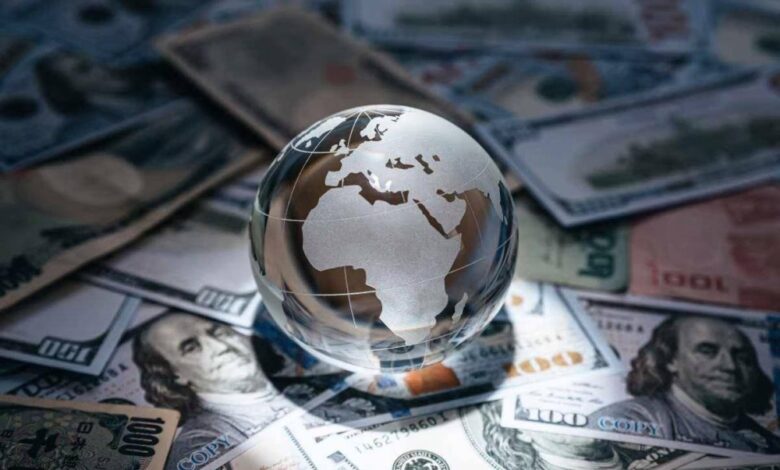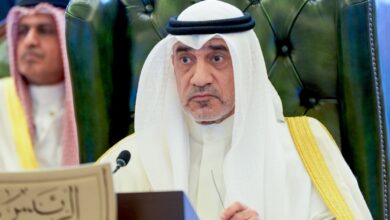
In a narrative reminiscent of the time-travel adventures in science fiction novels, the year 2023 emerged as a historical juncture, distinguishing itself from preceding and subsequent years. This departure from the norm wasn’t a product of imagination but a reflection of an exceptional economic reality shaped by various global developments.
The impact was not confined to the often tense and volatile regions; it rippled across the entire global economic landscape, reports Al-Jarida daily.
The metaphorical gap appeared, akin to the unknown realms faced by fictional heroes. The choice presented itself starkly – navigate the gap successfully or risk being swallowed by the uncertainties that lay ahead.
The global economy had weathered numerous shocks since the early days of 2020, from the onset of the COVID-19 pandemic to a resurgence of global inflation, prompting central banks worldwide to elevate interest rates to unprecedented levels, ranging between 4.35 percent and 5.50 percent. The Russian-Ukrainian war further added to the complexities.
However, the standout event of 2023, capturing global attention even beyond Eastern Europe, was the Gaza war. Unfolding for over 100 days, its repercussions extended from the eastern Mediterranean borders to the Bab al-Mandab Strait and onwards to the Suez Canal. This vital commercial artery, crucial for the region’s economies, faced disruptions as intra-regional trade faltered. Shipping companies sought alternative routes, and the volume of shipments through the Suez Canal plummeted to 30 percent of normal levels.
The escalating costs of shipping goods from the Middle East, coupled with logistical challenges, led to disruptions in global supply chains. Exporters faced downtime, fueling concerns about reduced food production and increased food prices, threatening food security in the region. Egypt, heavily reliant on income from the Suez Canal, witnessed a 46 percent decline in revenue, exacerbating its financial crisis.
Geopolitical tensions translated into economic challenges, prompting economic experts and international institutions to reassess growth prospects. The International Monetary Fund (IMF) adjusted growth estimates for the Middle East and North Africa region to 2.9 percent for 2024, with variations among countries. The economic dynamics of Saudi Arabia, the UAE, Kuwait, Bahrain, Oman, and Qatar came under scrutiny.
In this uncertain landscape, economic experts emphasized the need for political calm to sustain modest economic growth. Diversification into sustainable and green economies was highlighted as a strategic move. The shift towards technology, digitization, artificial intelligence, and renewable energy sources offered potential avenues for growth and resilience.
While challenges loomed, especially for oil-dependent economies, experts underscored the importance of a forward-looking approach. Investments in green technologies, coupled with a commitment to sustainability, could pave the way for a more resilient and diversified economic future. The road ahead, though challenging, presented an opportunity for the region to transform and embrace sustainable economic models, reducing dependence on traditional resources and fortifying against geopolitical uncertainties.












